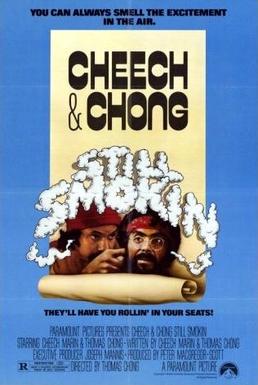From Hair Balls:
Rehman Bhalesha was raised around marijuana. That’s not to say that he dealt, or that he pushed, or that he used. He didn’t have to. Weed, growing up, turned wherever he went.
“Living in South Texas, you really see the substance flood high school and college campuses and neighborhoods, without any regulation, in a completely illicit market,” Bhalesha, set to be a third-year student at the South Texas College of Law, told Hair Balls. “I’ve spent my entire life seeing a strong need [for regulation].”
Experiences in Houston and Austin crafted his views. Academic research buttressed his conclusions. And then, in 2012, after letters to legislators affected little change, a blog post from Rice University’s Baker Institute Drug Policy Program lit an idea. Bhalesha approached his dean. What was the potential for a crossover? What was the potential for a joint project between STCL and one of the preeminent drug-focused think tanks in the nation?
“We really have an amazing dean — he’s really forward-thinking when it comes to stuff like this,” Bhalesha related. “The stars just aligned.”
Months after that initial notion, and after Bhalesha had contacted those affiliated with the Baker Institute’s DPP arm, he’s produced a 22-page paper (below) examining the realities and challenges facing marijuana legislation within Texas. Surveying tax policy and enforcement methods, detailing relationships between marijuana and tobacco, observing opportunities to reduce adolescent marijuana usage and increase state revenue, Bhalesha has taken a fresh eye to the issue of marijuana enforcement within Texas.
Furthermore, the paper comes at an opportune time, published on the heels of the ACLU’s recent report blasting Texas for the racial disparities within marijuana-related arrest rates.
Bhalesha’s paper is worth your time to read. He makes a good case for decriminalization, noting that among other things, getting busted for pot makes one ineligible for federal student loans, and at the end of the paper he includes a model bill for the legislature. I can’t see that going anywhere in 2015, but I could see some criminal justice reformers such as Rep. Harold Dutton getting behind it. As with many other issues, this is the sort of thing that will have to demonstrate a certain level of public support and more importantly public engagement before it is likely to gain traction in the Lege. It could happen, but not without enough people pushing for it. Bhalesha’s document is a good starting point for that.

